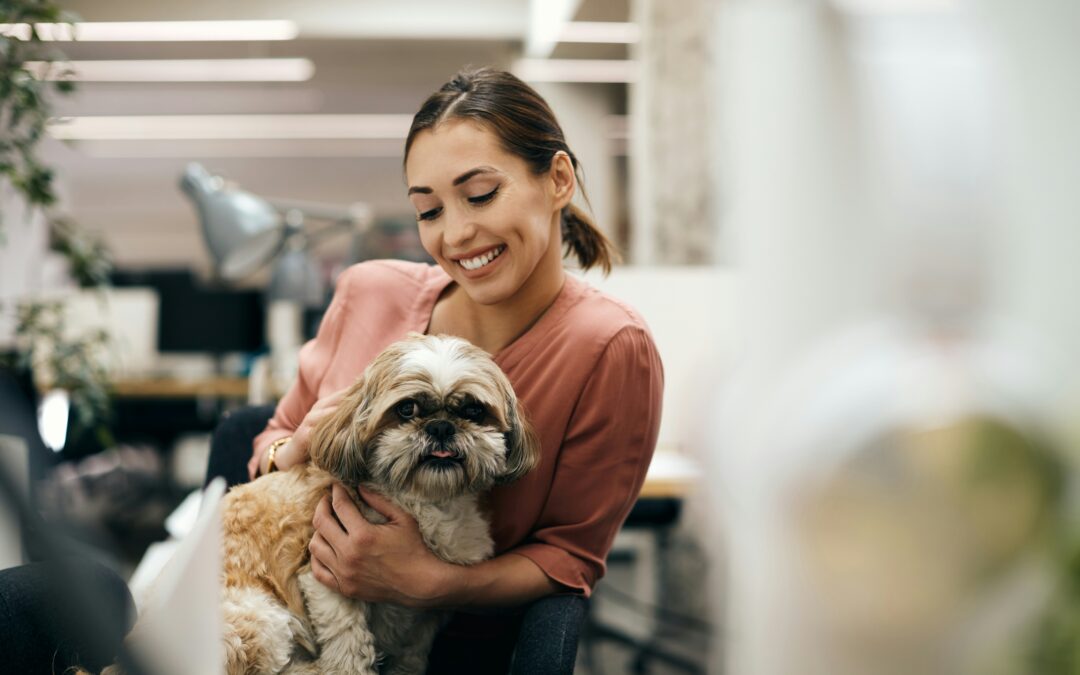Nearly 20 years ago, when Sarah Bang of Los Angeles came upon her cat, Bastet, it was a rescue. Bang, 50, says it was a “horrible abuse case,” so not surprisingly, Bastet was a handful at first, sometimes requiring oven mitts to handle her. But last year, when Bang had to say goodbye to Bastet after 19 years of bonding, it was unclear who rescued whom.
“She taught me how to be human,” Bang recalls.
Nearly six months after Bastet (named for the Egyptian cat goddess) “crossed the rainbow bridge,” Bang maintains a closeup of Bastet’s emerald-green eyes as the cover photo on her Facebook page. And she still mourns her feisty little Bengal.
“The grief comes in waves,” she says. “And comes at unexpected times. I’ll hear the wind move the blinds and for a second I think it’s her walking along the window.” It’s not surprising that Bastet’s “ghost” looms so large for Bang.
“Animals represent all that is good in this world,” says Coleen Ellis, 57, executive director of the International Association for Animal Hospice and Palliative Care, and founder of the Two Hearts Pet Loss Center, an educational group based in Southlake, Texas.
“Their characteristic traits represent things that we as human beings can only wish we could do,” says Ellis, who is considered a “pet loss guru.”
“They’re loyal to us, they trust us unabashedly. They don’t judge. They can just sit there and be with us.”
Bang echoes the thought, almost verbatim. “I do notice when I’m having a tough day, I feel her absence even more,” she says, reflecting on the loss of Bastet. “She was always my comfort. She didn’t ask questions. She was just there to lay on me and love me.”
This kind of unconditional, uncomplicated bond contrasts starkly with the messy relationships that all humans share with one another. It’s one reason psychologists say the loss of an animal companion hits us so hard.
Warm fuzzies
Another reason is the fundamentally tactile nature of furry friendship. Research has shown that just petting an animal — a literal “warm-fuzzy,” to use a pop-psychology term from the 1970s — reduces heart rate and produces endorphins, hormones associated with happiness and well-being.
“When you think about how we’re designed as human beings, the deepest bond we have is touching,” says Margo Forbes, 75, a psychotherapist in Novato, Calif. “We touch our kids for the first time; put your child on your breast and help them hear your heartbeat. So we’re designed to have a touching relationship as the deepest kind of bond. It’s the highest form of connection.”
The importance of the tactile connection has been heightened at a time of “social distancing,” when many are feeling more isolated than ever. Spurred by the loneliness inflicted during the COVID-19 pandemic, pets of one form or another now reside in an astonishing seven in 10 U.S. households.
Why Join IAAHPC?
A membership organization, IAAHPC is open to any person who would like to contribute to a constructive discussion as we learn from each others experience.



